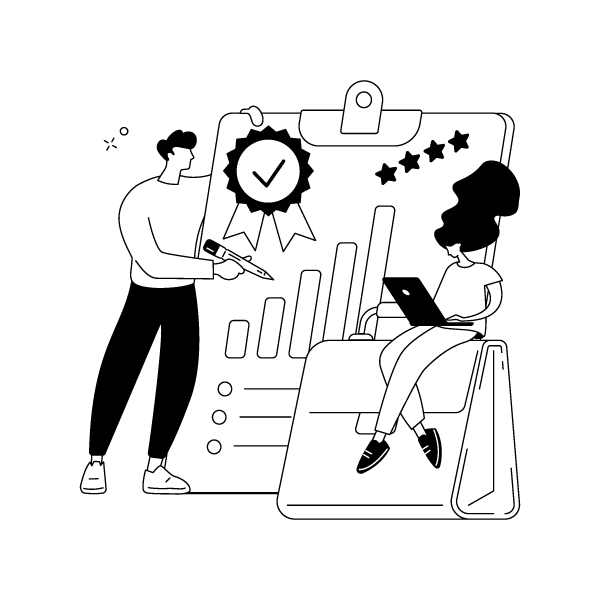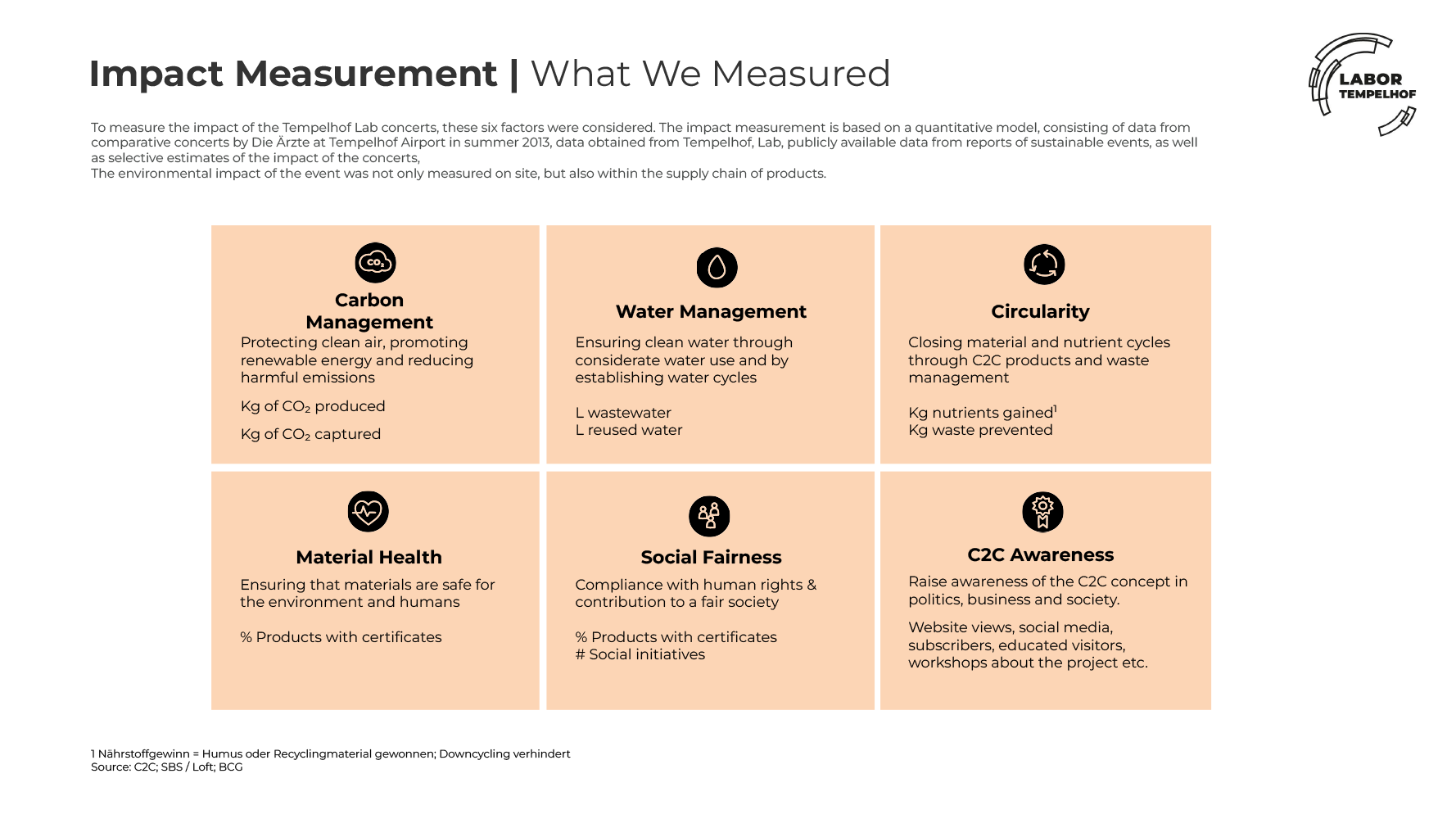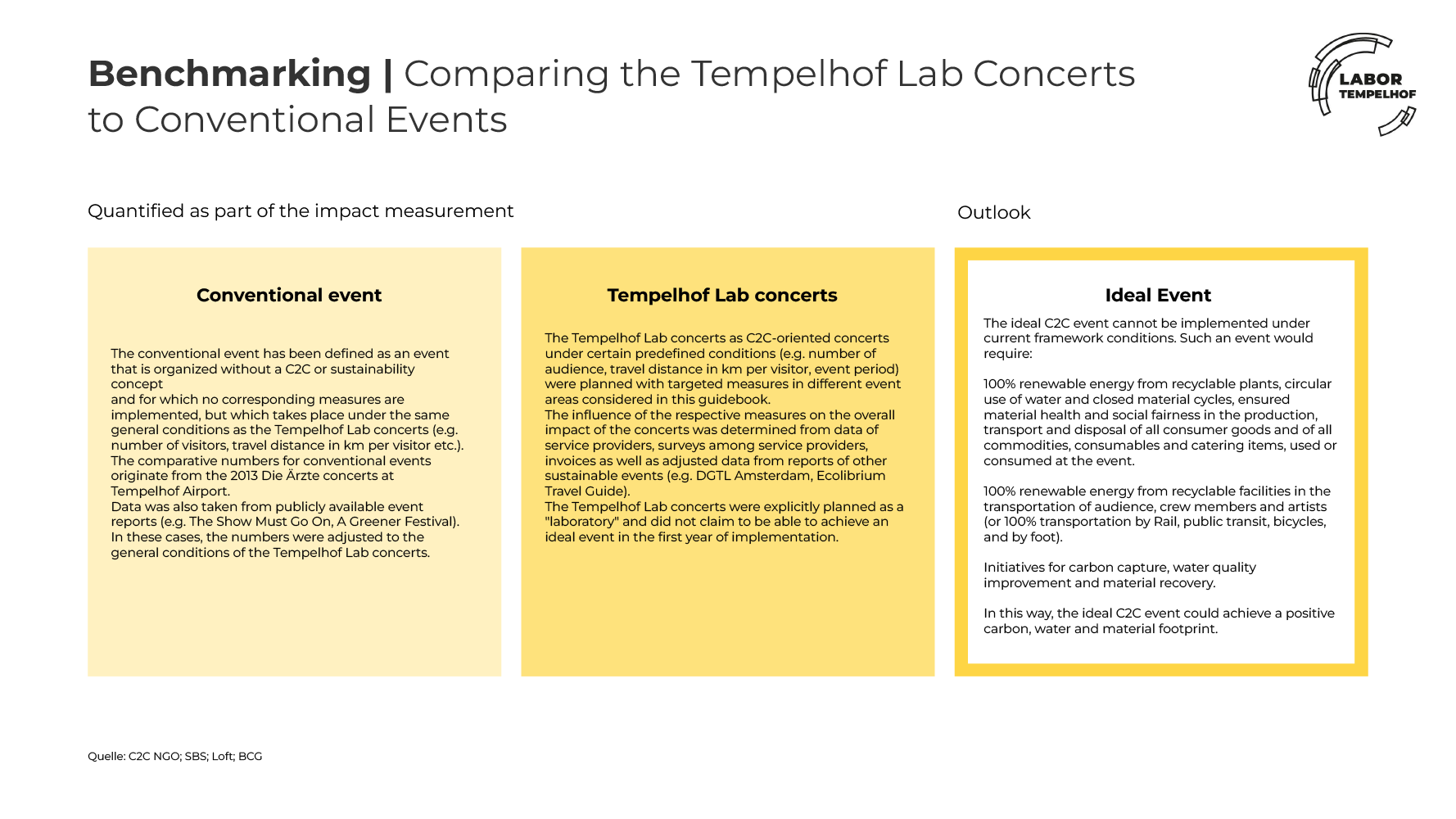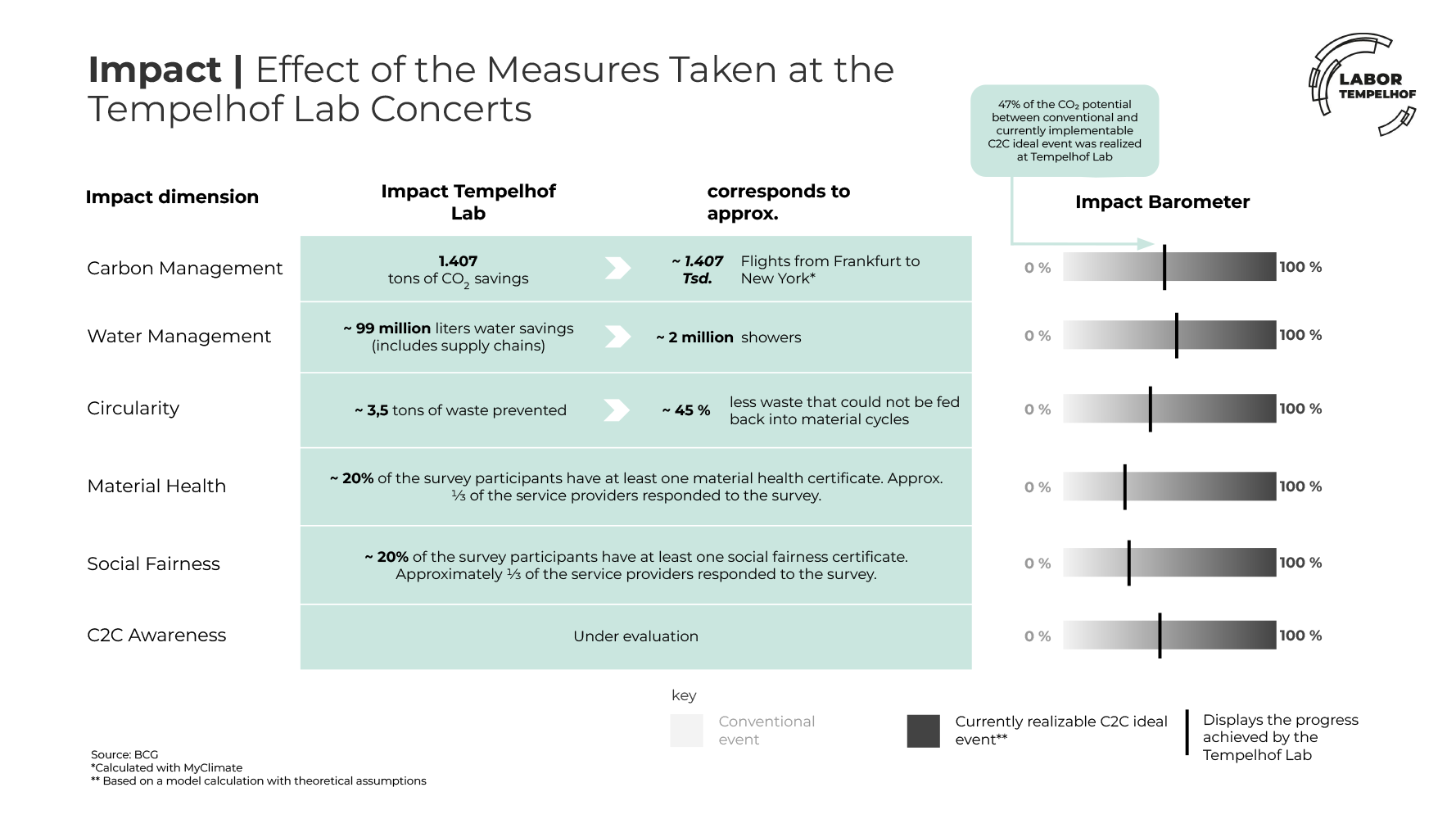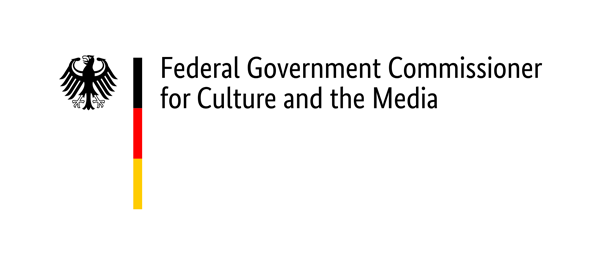Tempelhof Lab
Guidebook
Three concerts, 180,000 people, and so much learned!
The Tempelhof Lab shows in which ways climate- and resource-positive event management is already possible today and where there are still limitations.
What works well? What challenges remain? This guidebook shares the lessons we learned and C2C’s best practices for sustainable event management.

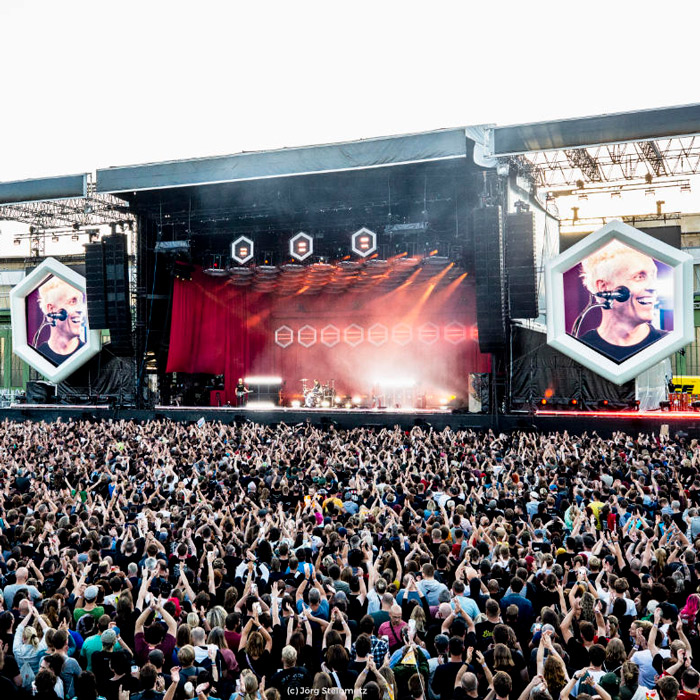
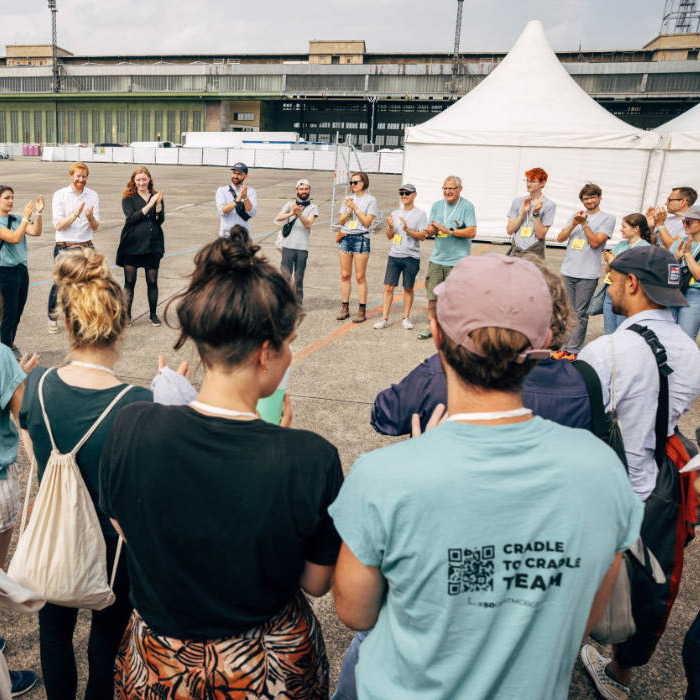

Our message to politics, business and society
>> read the report
Our message to politics, business and society
>> read the report


Did you know…?
A deep-seated social and political change is possible when merely 3.5% of the population practices peaceful protest?1
Inspiration for this kind of change was offered by two popular German rock bands, Die Ärzte and Die Toten Hosen, in August 2022. The bands provided four* concerts at the Tempelhof airport in Berlin as a platform for the project Tempelhof Lab. The goal of Tempelhof Lab, as conceived by Cradle to Cradle NGO, KKT GmbH – Kikis Kleiner Tourneeservice, Loft Concerts GmbH and Side By Side Eventsupport GmbH, was to hold the concerts in the most sustainable and climate-positive way possible. The benchmark of success was to implement a fully circular economy for the weekend’s events according to the criteria of Cradle to Cradle.
Tempelhof Lab used innovative C2C products and processes, which tested their scalability for large events – in this case with 60,000 visitors per concert. Every step in the direction of circularity and sustainability is important – especially the first. The Tempelhof Lab offers best practices for the event- and concert industries that they can jointly develop further. For this reason, we share the lessons learned in a transparent manner with those industries. While we were able to implement some circular concepts very well, in other areas we had to search for good ecological alternatives. And still in other areas, we had to acknowledge that some concepts were not yet scalable to the magnitude of a large concert.
Click for details.
What to expect
This guidebook was funded by the Commissioner of the Federal Ministry for Culture and Media (BKM). It is intended to serve as practical assistance for the event industry as well as an invitation to the industry to follow, improve and expand upon Tempelhof Lab’s methods and accomplishments. It offers an honest account of the project’s successes and shortcomings, presents the direct feedback of the business partners who joined the project, and gives further inspiration from the industry around the themes of circularity and sustainability.
Content
The guidebook is divided into the following 9 topics: mobility and logistics, energy, catering and gastronomy, waste and nutritional substance management, social sustainability, communication and training, sanitation and water, merchandise and textiles as well as event technology and production materials. We have also compiled an overview of certain measures that are relatively easy to implement and have a major impact.
Let us be better together and learn from each other to make climate-conscious and sustainable concerts the new normal of our industry. “Es ist nicht deine Schuld, dass die Welt ist, wie sie ist, es wär nur deine Schuld, wenn sie so bleibt.” (It is not your fault, that the world is the way it is, It’s only your fault if it remains so.)2
With all of this in mind, please enjoy this guidebook. We hope it inspires you to give these concepts a try!
If you have questions, ideas or additions to the guidebook, please email beneficial[at]loft.de.
This guidebook is a joint project of Cradle to Cradle NGO, KKT GmbH- Kikis Kleiner Tourneeservice, Loft Concerts GmbH, Side by Side Eventsupport GmbH and the bands Die Ärzte and Die Toten Hosen. The guidebook was made in cooperation with The Changency – Agentur für nachhaltigen Wandel – and through support by Adelphi and Boston Consulting Group, which developed the model to measure Tempelhof Lab’s impacts.
* One of the planned concerts was canceled on the event day due to weather conditions.

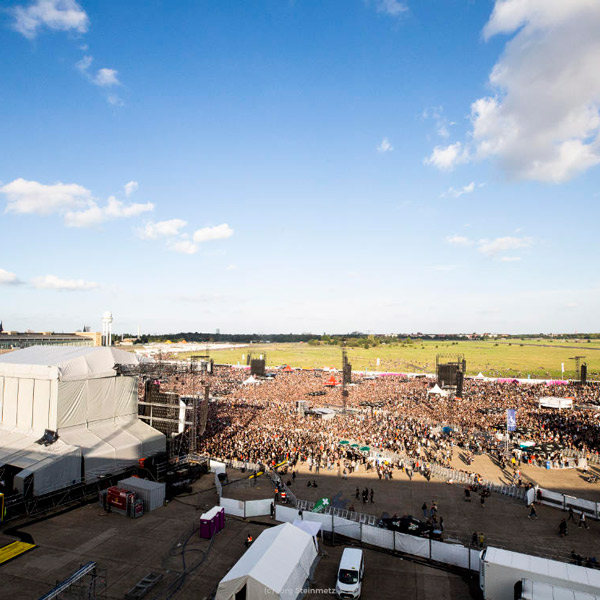
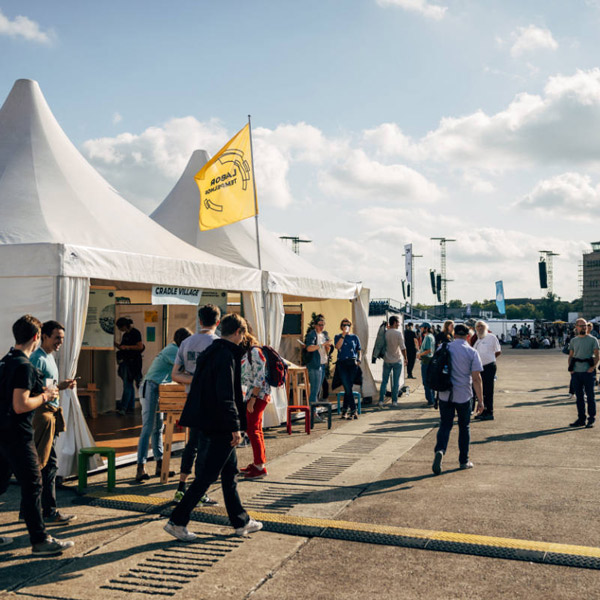
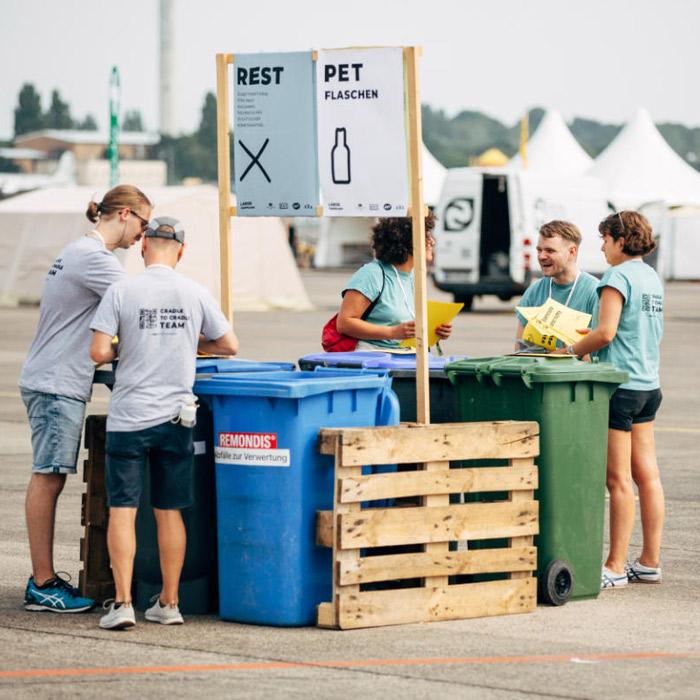

Chapter overview

Where to start?
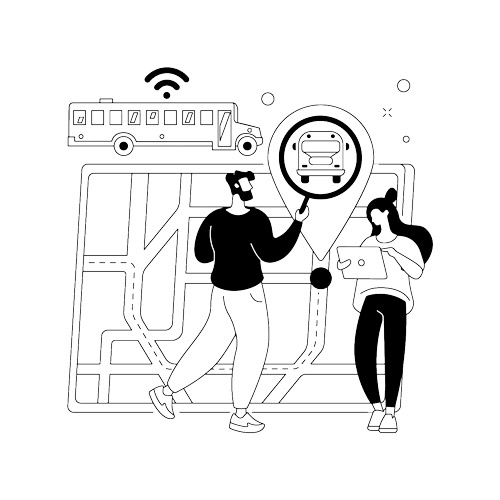
Mobility & Logistics
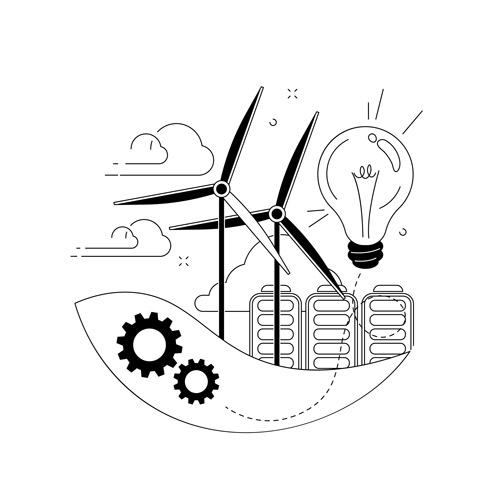
Energy
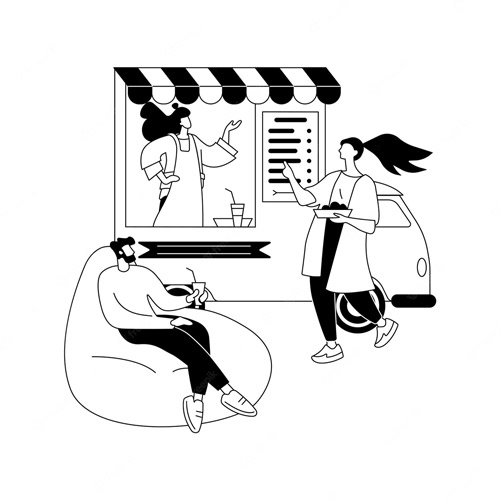
Catering & Food
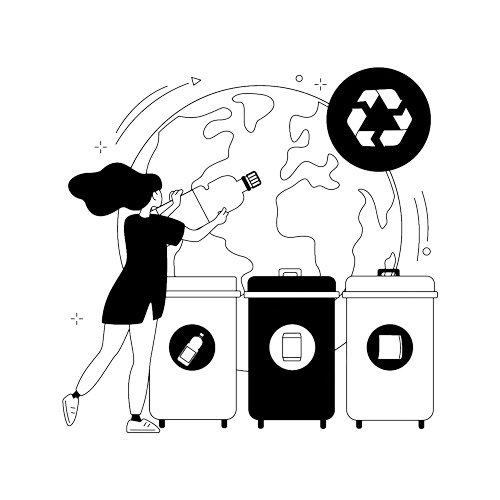
Waste Management & Nutrient Circularity
Waste Management &
Nutrient Circularity
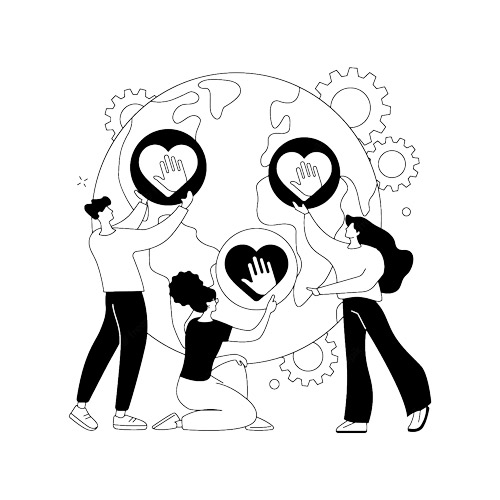
Social Sustainability: Equity & Inclusion
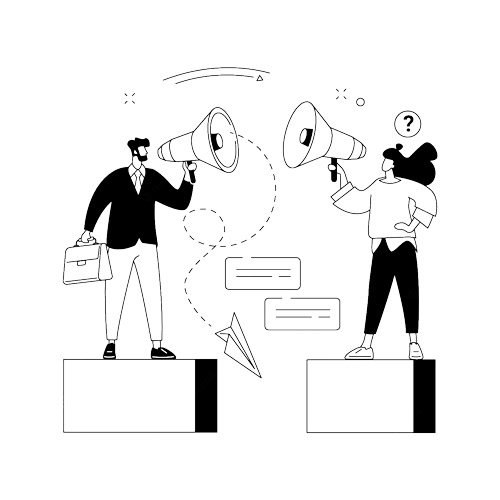
Communication & Education
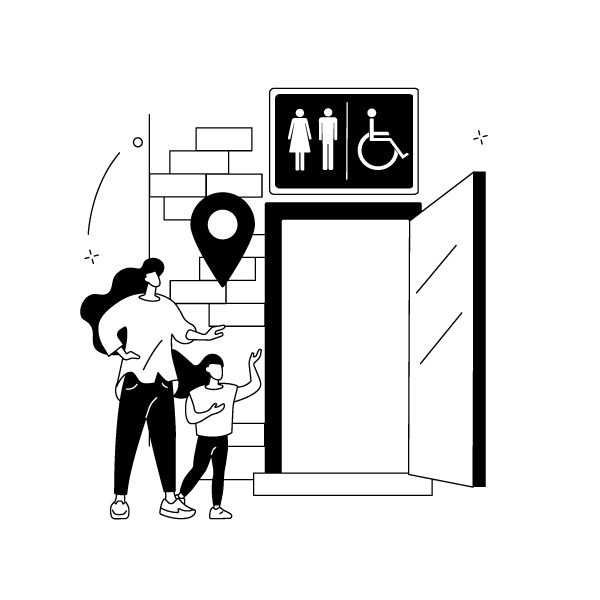
Sanitation & Water

Merchandise & Textiles
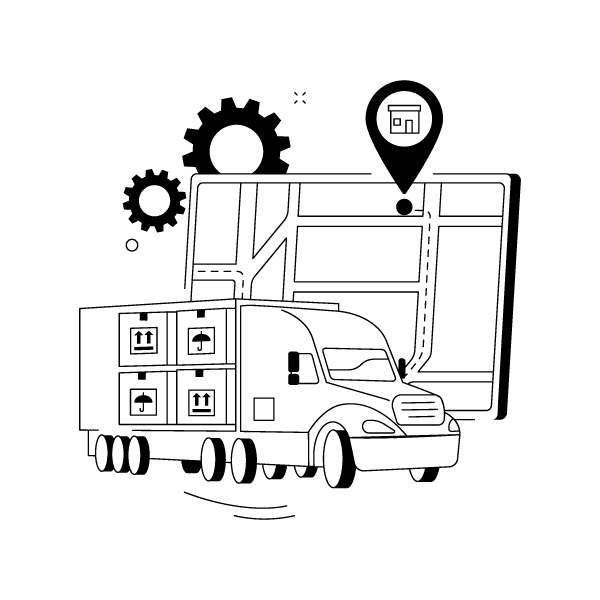
Event Technology & Production Materials
Event Technology &
Production Materials
